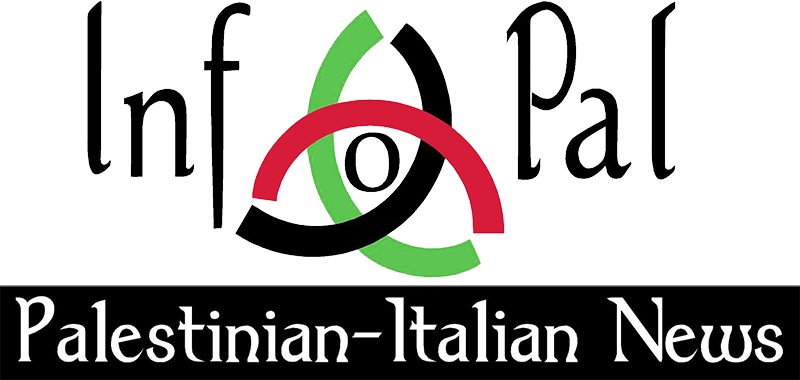Saudis criticised in Geneva, Alkhalifa intensify repression ahead of “elections”
At a side event in Geneva, Saudi authorities were severely criticised for their dismal human rights record. The panel, organised during the UN Human Rights Council’s session in Geneva, was addressed by several human rights activists, including Samar Badawi, the wife of the jailed Saudi activist, Walid Abul Khair and Dr Hassan Al Amri. Several interventions were also made during the main session to highlight the serious violations of human rights in Saudi Arabia
The political societies which had decided to boycott Alkhalifa’s elections have reacted angrily to the redrawing of the constituencies in a way that reflects more sectarian considerations. The regime had tried to convince these societies to participate in those elections claiming that it had “reformed” the process and the constituencies. It is now clear that the dictator and his clique have failed to introduce any real reform in their dysfunctional political system. Moreover, the regime has intensified its aggression against the Bahrainis. In the week 15th-22nd September at least 42 people were arrested and scores were given harsh sentences. The intensification of repression is seen as yet another means of subjugating the people into submission.
The arrest last week of a known woman activist is an indication to the extent to which the regime is ready to go in order to silence dissenting voices. Ghada Jamshir, a liberal activist, was detained for tweeting anti-regime sentiments. Yesterday morning a young boy, Hussain Abdul Elah was arrested on his way to school at the town of Karbabad. Yasser Salman Al Jordabi, from the town of Jordab, was arrested from his work place by members of the Death Squads operated by the royal court. While on family visit to his brother at Jaw prison, Sayed Qassim Al Mousawi, from Bilad Al Qadeem, was arrested and taken to the torture dungeons. A young man, Ali Abdulla Mushaima, from the town of Daih, was arrested in a raid on the town three days ago. On 20th September four young Bahrainis were arrested at a check point manned by members of Death Squads in Muharraq.
Today 19 native Bahrainis have been sentenced to three years imprisonment for protesting at Wing 19 of the Dry Dock torture centre. Despite being beaten by their jailers in their peaceful protest Alkhalifa dictators wanted to “teach them a lesson”. Among them is the photojournalist, Qassim Zain Aldeen. Last week 14 native Bahrainis were sentenced to life imprisonment for their anti-regime activities. Nine of these are from the town of Bani Jamra; Mohammad Jaffar Al Ghasra, Dhia Mohammad Ali, Hussain Ali Al Shakar, Jamil Mohammad Hussain Al Jamri, Sayed Mustafa Sayed Amin Al Mousawi, Ahmad Mohammad Saleh Al Arab, Mustafa Ali Jaffar, Hussain Jaffar Fateel and Hassan Abdulla Al Ghasra. Hassan Bu Hamid, the brother of martyr Abdul Redha Bu Hamid, has been imprisoned for two months pending investigation. The family of the jailed native Bahraini, Ahmad Al Alwani, has appealed for their jailed son to be treated for serious ailments, without any positive response.
Under the title “Bahrain’s UPR Interim Report shows more work needs to be done to implement 2012 recommendations” Amnesty International (AI) issued a severe critique of Alkhalifa’s report to the Human Rights Council on the implementation of its 176 recommendations two years ago. AI lambasted Bahrain’s dictators for attempting to mislead the international community with nicely-worded report that has not manifested itself in everyday life. Torture is still administered on detainees, freedom of expression does not exist; many people are tortured and imprisoned for insulting the ruler, the courts still rely on confessions extracted under torture and ignore the cries of victims for investigating their torture. AI’s statement concluded: Amnesty International calls on the authorities to lift their restrictions on freedom of expression, association and assembly and to release all prisoners of conscience held solely for the peaceful exercise of their human rights; to systematically and adequately investigate any allegations of torture, make the full results public and bring those responsible to justice; to order courts to dismiss all “confessions” extracted under torture. Investigations into abuses must show they have been conducted thoroughly and “be capable of leading to the prosecution of the implicated individuals, both direct and at all levels of responsibility, with a view to ensuring that punishment be consistent with the gravity of the offence,” as recommended by the Bahrain Independent Commission of Inquiry (BICI), set up by the King to investigate abuses that took place as part of the 2011 uprising.
Bahrain Freedom Movement
24th September 2014
